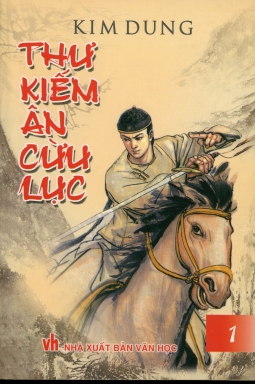What do you think?
Rate this book


Paperback
First published February 8, 1955
"My sister loved you all along, and you love her, don't you?"
"Yes. I shouldn't try to deceive you."
"But I know you truly love me too. And without you, I cannot live. So let's go and find my sister quickly and we can all live happily together forever. Don't you think that would be lovely?"
"When I return to Beijing, I will go and find an Islamic Imam and get him to teach me so that I can become a good follower of the Muslim faith," said Chen.